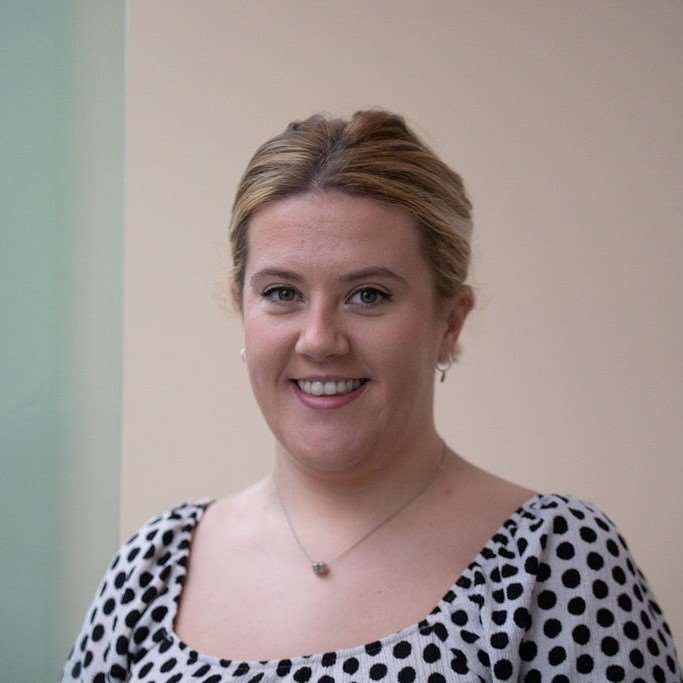Types of diabetes medical negligence claims

Diabetes is a serious medical condition that affects glucose, a substance that is essential for fuelling the body's cells. Insulin is the substance that controls glucose levels throughout the body, and diabetes impacts the way that insulin works.
There are two main types of diabetes. Type 1 diabetes is an autoimmune disorder in which the body does not produce enough insulin to control glucose levels, and this is usually diagnosed during childhood. Type 2 diabetes is when the body becomes resistant to insulin, and this is a condition that develops later in life. There is a third type of diabetes - latent autoimmune diabetes of adulthood, or LADA - which is technically a form of type 1 diabetes which develops slowly over time. Since LADA involves symptoms arising later in life, it is often misdiagnosed as type 2 diabetes.
Provided that it is diagnosed early and treated correctly, diabetes is a manageable condition. However, if left untreated or treated incorrectly, diabetes can cause serious health problems and lead to lifelong disabilities or death. In these instances, there could be a case for medical negligence. In this guide, we outline the different types of potential diabetes-related negligence claims that can occur.
Contents
Click on a link to jump to that section:
Read more about the common types of diabetes negligence claims.
Find out how Wake Smith can help you in making a diabetes negligence claim.
We answer common queries on diabetes misdiagnosis.
What are the types of negligence claims in relation to diabetes?
Some common types of diabetes negligence claims include the following:
Misdiagnosis or delayed diagnosis
When diabetes is misdiagnosed, it might be treated incorrectly. As a result, the condition could worsen or the patient might experience further health complications as a result of the improper procedures or medications prescribed. If diabetes is not diagnosed quickly enough, the condition could get worse and cause a host of avoidable complications such as severe infections, blindness, or amputation. Misdiagnosis and delay in diagnosis are therefore two key causes for medical negligence claims.
Incorrect treatment plan or medication prescription
Once diabetes has been diagnosed, there are several ways in which negligent medical care might result in a severe injury that could have otherwise been avoided. Care providers might fail to deliver ongoing monitoring of the condition or fail to put an appropriate treatment plan in place, leading to the condition worsening. Incorrect insulin prescription could lead to poor management of the condition.
Failure to refer a patient to a care provider
Delays or failure to refer a diabetic to secondary care providers, such as chiropodists or wound care experts, could lead to major life-changing injuries. Amputation is one of the most serious risks posed by diabetes that is not managed well. If amputation occurs as a result of a healthcare provider's late or incorrect diagnosis or improper treatment, this is grounds for serious medical negligence.
Furthermore, if amputation is performed before alternative treatments have been considered or undertaken, this also constitutes medical negligence.
Compensation won't undo the damage caused by medical negligence, but it can provide some level of justice for patients who are living with injuries or disabilities which could and should have been avoided. However, there are also secondary level claims to consider in cases where patients have suffered financial losses as a result of medical negligence. For example, if a severe diabetes-related injury caused by medical negligence forced a patient to stop working, either temporarily or permanently, they could claim for loss of earnings. If avoidable amputation occurred, patients could claim for the cost of prosthetics. Where a patient is left disabled by an injury, they could claim for the costs involved in modifying their home. Finally, if new medication and treatment costs arise due to complications caused by medical negligence, patients could claim compensation to cover these expenses.
Seeking legal advice can help you to proceed with the case in the most suitable method for you. For example – if suitable for your case, alternative dispute resolution may be recommended to help you deal with your case in a quicker and less confrontational way than court case proceedings. Contact us today to find out how we can help you.
How Wake Smith can help
Here at Wake Smith, we have a strong and experienced team of solicitors who specialise in medical and clinical negligence and can help you to pursue all types of diabetes-related claims. We help our clients to make claims against any professional healthcare provider, regardless of whether the treatment was on the NHS or private.
Pursuing a medical negligence claim can be a long and emotional process, but our goal is to make it as easy as possible for you. We understand that court cases can be expensive and stressful, and we therefore encourage options of alternative dispute resolution such as arbitration and mediation where applicable. We have an excellent track record in medical negligence cases, and have successfully represented patients involved in a wide range of cases.
Our goal is to assess the extent of your injuries, and the consequences of them, in order to establish what you could be entitled to. If the negligent parties admit liability, we will work to negotiate a fair compensation settlement and there is no need for you to go to court. If these options are unsuccessful, we can issue court proceedings in order to take the matter to trial. We advise that court should be treated as a last resort where possible.
For more information or to receive solicitor advice on whether you might be eligible to make a medical negligence claim, please call us or complete our contact form.
Frequently asked questions regarding diabetes negligence
Can you sue for misdiagnosis of diabetes?
If you believe you have suffered an injury or health complications as a direct result of a misdiagnosis of diabetes, you may be able to sue for medical negligence.
How long does it take for a medical negligence claim to be settled?
The length of time it takes to settle a medical negligence claim varies greatly depending on the complexity of the case and whether liability is admitted or not. Where liability is not admitted, claims can take more than three years to be resolved. The process is much faster if liability is admitted and a settlement can be negotiated.
Can you be falsely diagnosed with diabetes?
It is possible to be mistakenly diagnosed with diabetes or to be incorrectly diagnosed with the wrong type of diabetes. Diabetes can also sometimes be mistaken for a condition such as stomach flu if blood glucose levels are not tested.
What can be mistaken for type 2 diabetes?
LADA - latent autoimmune diabetes of adulthood - is often mistaken for type 2 diabetes. LADA is a form of type 1 diabetes that occurs in adulthood because it develops more slowly than typical type 1 diabetes which is present from childhood. You might hear LADA referred to as type 1.5 diabetes since it presents itself in a way that is similar to type 2 diabetes.

About the author
Director and Head of Medical and Clinical Negligence











